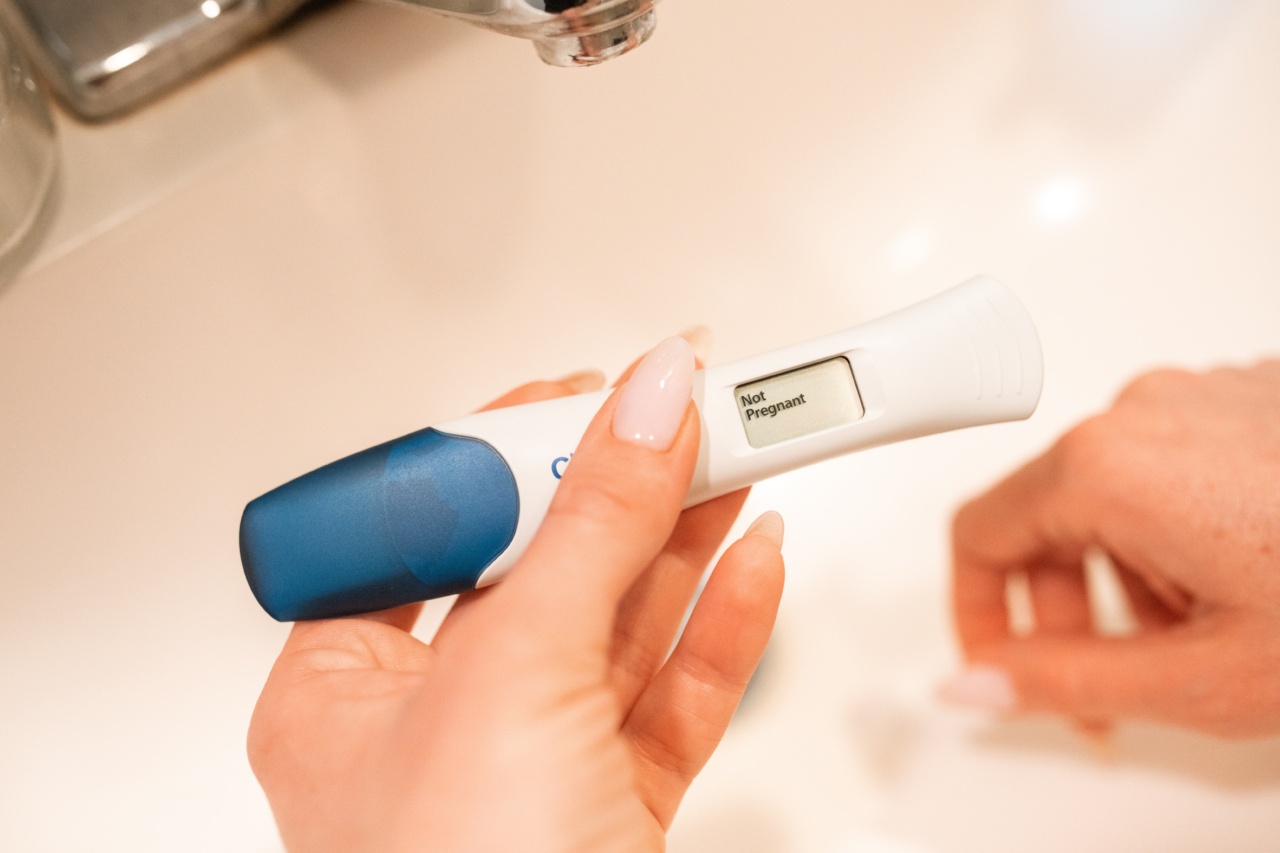High blood pressure, also known as hypertension, is a common health condition that affects people of all ages, including adolescents.
Although it is often associated with older individuals, the prevalence of high blood pressure in adolescents has been increasing in recent years. This is a cause for concern as high blood pressure in adolescence has been found to be a predictor of future health outcomes in adulthood.
Understanding the link between blood pressure and future health outcomes in adolescents is crucial for implementing effective preventive measures and promoting long-term health.
Prevalence of High Blood Pressure in Adolescents
The prevalence of high blood pressure in adolescents has been steadily rising over the past few decades.
According to a study published in the journal Pediatrics, the prevalence of hypertension among adolescents in the United States increased from 5.1% in 1988-1994 to 7.7% in 1999-2000. Another study conducted in Korea showed a similar trend, with the prevalence of hypertension increasing from 2.8% in 1998 to 4.6% in 2008.
Factors Contributing to High Blood Pressure in Adolescents
There are several factors that contribute to the development of high blood pressure in adolescents. These include genetics, obesity, unhealthy diet, lack of physical activity, and stress.
Adolescents with a family history of hypertension are at a higher risk of developing high blood pressure themselves. Additionally, the rising prevalence of childhood obesity has been identified as a major risk factor for hypertension in adolescents.
Poor dietary choices, such as consuming high amounts of sodium and sugar, can also contribute to the development of high blood pressure.
Consequences of High Blood Pressure in Adolescence
High blood pressure in adolescence can have both immediate and long-term consequences on an individual’s health. In the short term, hypertension can lead to symptoms such as headaches, dizziness, and fatigue.
It can also affect an adolescent’s ability to concentrate and perform well academically. In the long term, high blood pressure in adolescence has been associated with an increased risk of developing cardiovascular diseases, such as heart attack and stroke, later in life.
Studies have also shown that individuals with high blood pressure in adolescence are more likely to develop type 2 diabetes and kidney disease.
Link between Blood Pressure in Adolescence and Future Health Outcomes
Several studies have explored the link between blood pressure in adolescence and future health outcomes.
One study published in the journal Hypertension followed a cohort of adolescents for 27 years and found that higher blood pressure in adolescence was associated with an increased risk of developing cardiovascular diseases in adulthood. The study also showed that the risk of cardiovascular diseases increased with the duration of hypertension in adolescence.
Importance of Early Intervention
Given the potential consequences of high blood pressure in adolescence, early intervention is crucial.
Identifying and controlling high blood pressure in adolescents can help prevent the development of cardiovascular diseases and other related health conditions later in life. Lifestyle modifications, such as adopting a healthy diet, increasing physical activity, and managing stress, can play a significant role in managing blood pressure in adolescents.
In some cases, medication may be prescribed to control high blood pressure.
Educational and Preventive Measures
Education plays a key role in preventing and managing high blood pressure in adolescents.
Raising awareness about the importance of healthy lifestyle choices, such as maintaining a balanced diet and engaging in regular physical activity, can help prevent the development of hypertension. Schools can also play a crucial role in promoting health by implementing programs that educate students about the risks of high blood pressure and provide resources for managing blood pressure effectively.
Conclusion
The link between blood pressure in adolescence and future health outcomes is undeniable.
High blood pressure in adolescence not only poses immediate health risks but also increases the likelihood of developing cardiovascular diseases and other chronic conditions later in life. Early intervention and preventive measures are crucial for managing blood pressure in adolescents and promoting long-term health.
By adopting healthy lifestyle choices and implementing effective educational programs, we can reduce the burden of hypertension and improve the overall well-being of adolescents.





























